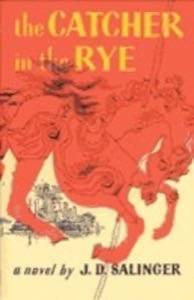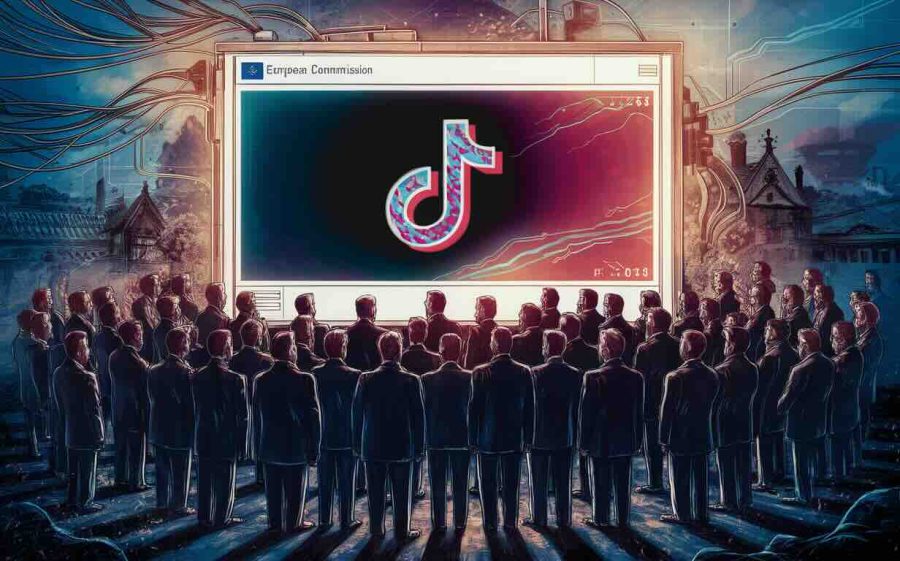As e-books continue to grow in popularity, there’s a seemingly unwinnable debate over which is better: digital books or their paper-based counterparts. Both have their advantages and it’ll likely be quite awhile before paper books come close to disappearing. In addition all of the benefits that e-books bring, is it possible that they may also make it more difficult for books to be banned in the future?

Out of the American Library Association’s top 10 most-banned books of last year, all but three of them are available for purchase from Amazon’s Kindle Store, notes a blog post from Beyond Black Friday.
Every year, the ALA publishes a list of the books that are most frequently “challenged” in public schools and libraries. Most of the objections are for sexual content or offensive language, while a few hundred are made simply for references to homosexuality or content considered by some groups to be “anti-family.”
Last year’s list includes mostly books that are readily available on Kindle and any platform for which there is a Kindle app, such as iOS or Android. The only ones that aren’t are a children’s story about gay penguins, an a “multicultural queer youth anthology” (which appears to be rare in paperback as well) and a controversial book about a Native American boy. A few of the books included on the list are actually best-sellers in the Kindle Store, including Twilight and The Hunger Games.
Of course, the banned book list applies primarily to public schools and libraries. Most books forbidden from these venues could always be purchased elsewhere in paper format, but their inclusion on the Kindle platform makes them even more widely available, often at a lower price than the paperback or hardcover version. Presumably, Amazon’s new Kindle library book lending program won’t necessarily make a huge difference by itself, since those e-books are chosen by the library itself.
Do you think banning books will become more rare as we move forward into the digital era? Let us know your thoughts in the comments.










